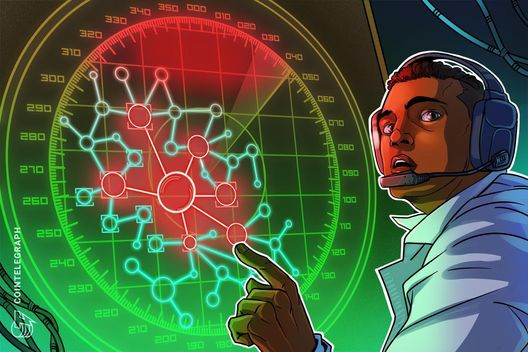The Oracle Problem Isn’t Just Technical; It’s Political
Oracles in DeFi, rather than being neutral utilities, have become critical centralized dependencies, with most major protocols relying on a single network for sensitive functions like liquidations and collateral evaluation. This creates systemic risk and undermines the promise of decentralization, as failures or manipulations of oracles have repeatedly led to massive losses and instability in protocols such as Venus, Mango Markets, and Inverse Finance. This overreliance isn’t a technical problem alone—it’s a creeping form of centralized control, where a handful of oracle providers wield outsized, unaccountable influence over outcomes worth billions, often without transparent governance or user oversight. Some new projects are experimenting with alternative approaches, such as onchain pricing references and multi-oracle setups, indicating early movement towards resilience and oracle pluralism. True decentralization requires optionality and diversity in data sources and infrastructure; robust systems must be able to withstand individual failures without catastrophic consequences, ensuring durability and accountability in DeFi applications.











